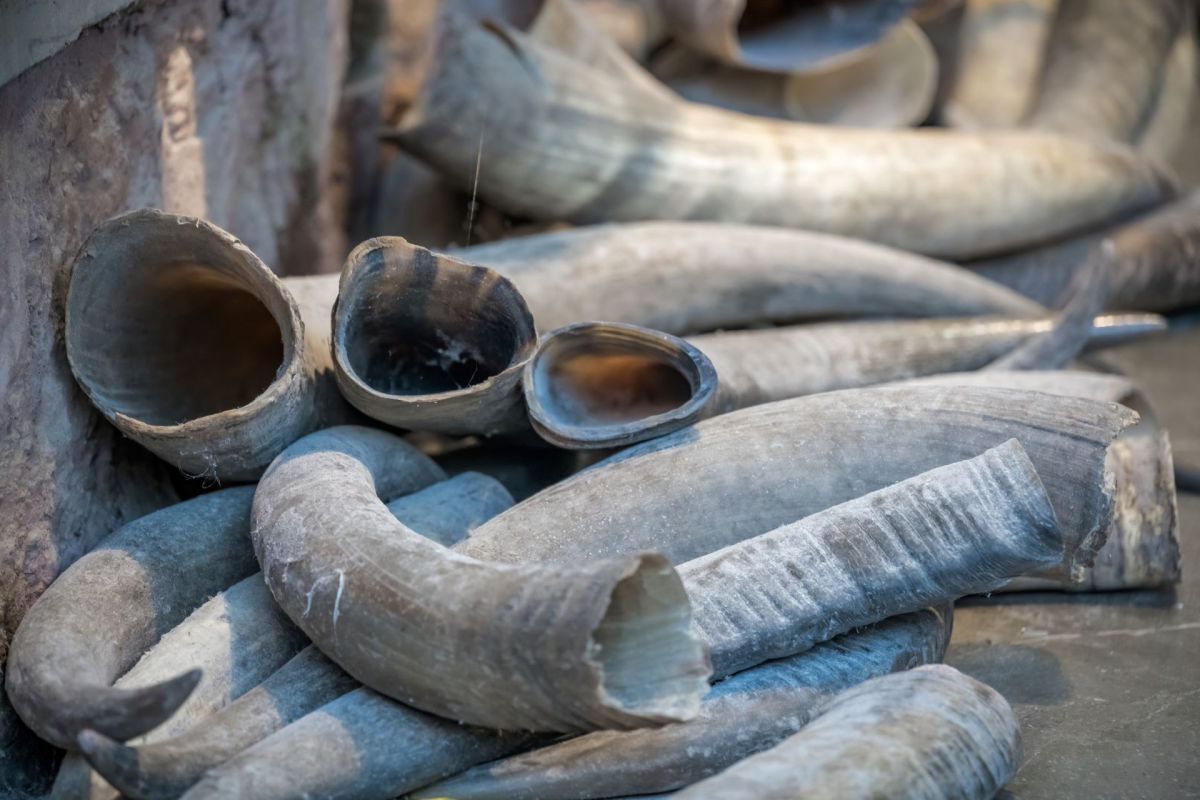Rangers in Uganda's Murchison Falls National Park have removed an unbelievable number of traps and snares in just the past 12 months, the Guardian reports.
As Uganda Conservation Foundation (UCF) founder Michael Keigwin told the outlet, the organization has collected more than 51 tons of these materials in the past decade to protect the park's wildlife from poaching.
What's happening?
Since 2010, the government of Uganda has been restoring Murchison Falls National Park, a nature preserve covering almost 2,000 square miles of the country, the Guardian reports. As part of that effort, rangers have removed wire snares used by poachers to catch small game, as well as metal "bear traps" meant for larger animals like elephants, hippos, and lions.
Poaching is such a huge problem in the park that rangers remove literal tons of traps each year, the Guardian reports. This year's haul totaled more than 13 tons.
A picture of the pile of traps, nicknamed "snare mountain," has recently been released. The rusty pile is about three times as tall as the armed rangers standing on it.
According to Keigwin, the area is having a "poaching crisis" because of lost tourism income during the COVID-19 pandemic and flooding that damaged the region's food sources last year. For about 18 months, poaching has been up, and his team has collected about 100 traps per day.
Why does it matter?
National parks and nature preserves play a vital role in both the local economy and in protecting the environment. They keep populations of endangered animals alive, and they also bring in money, thanks to the many visitors who come to witness the natural environment.
Protecting the natural balance of animals in an area can have unexpectedly far-reaching effects. Yellowstone National Park and its reintroduction of wild wolves — which, in turn, caused the beaver population to bounce back — are an oft-cited example.
If Murchison Falls National Park is damaged by extensive poaching, it could fail to both produce revenue and protect the local wildlife. Unpredictable effects on the local landscape and economy could also ripple out farther than anyone expects.
What's being done to protect the park?
UCF and park rangers continue to remove traps in the area. They're also working with local communities to train "ecoguards" who collect snares and alert the park rangers about animals in need of help.
According to the Guardian, UCF has also received close to $1 million for managing the park, equipping the rangers, and developing local communities to reduce the pressure to poach.
"The battle for wildlife is in full swing," said Keigwin. "To win it, we need to support wildlife tourism, Uganda's largest foreign currency earner which employs over a million people, and we need to create more jobs and more wages."
Join our free newsletter for cool news and cool tips that make it easy to help yourself while helping the planet.









